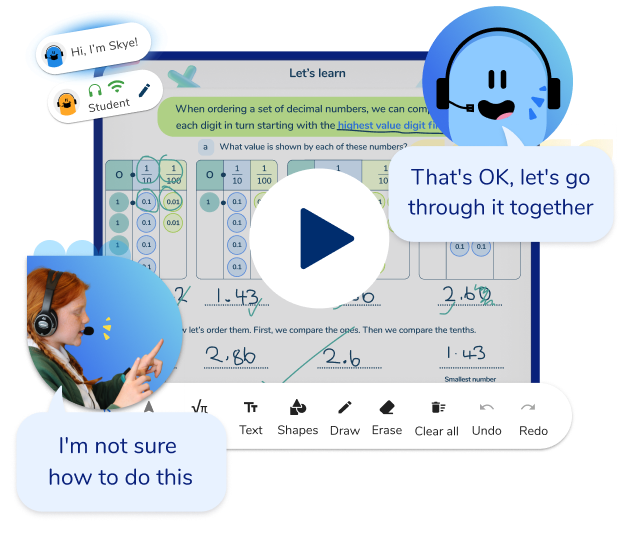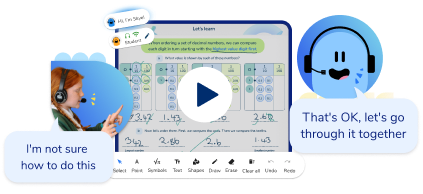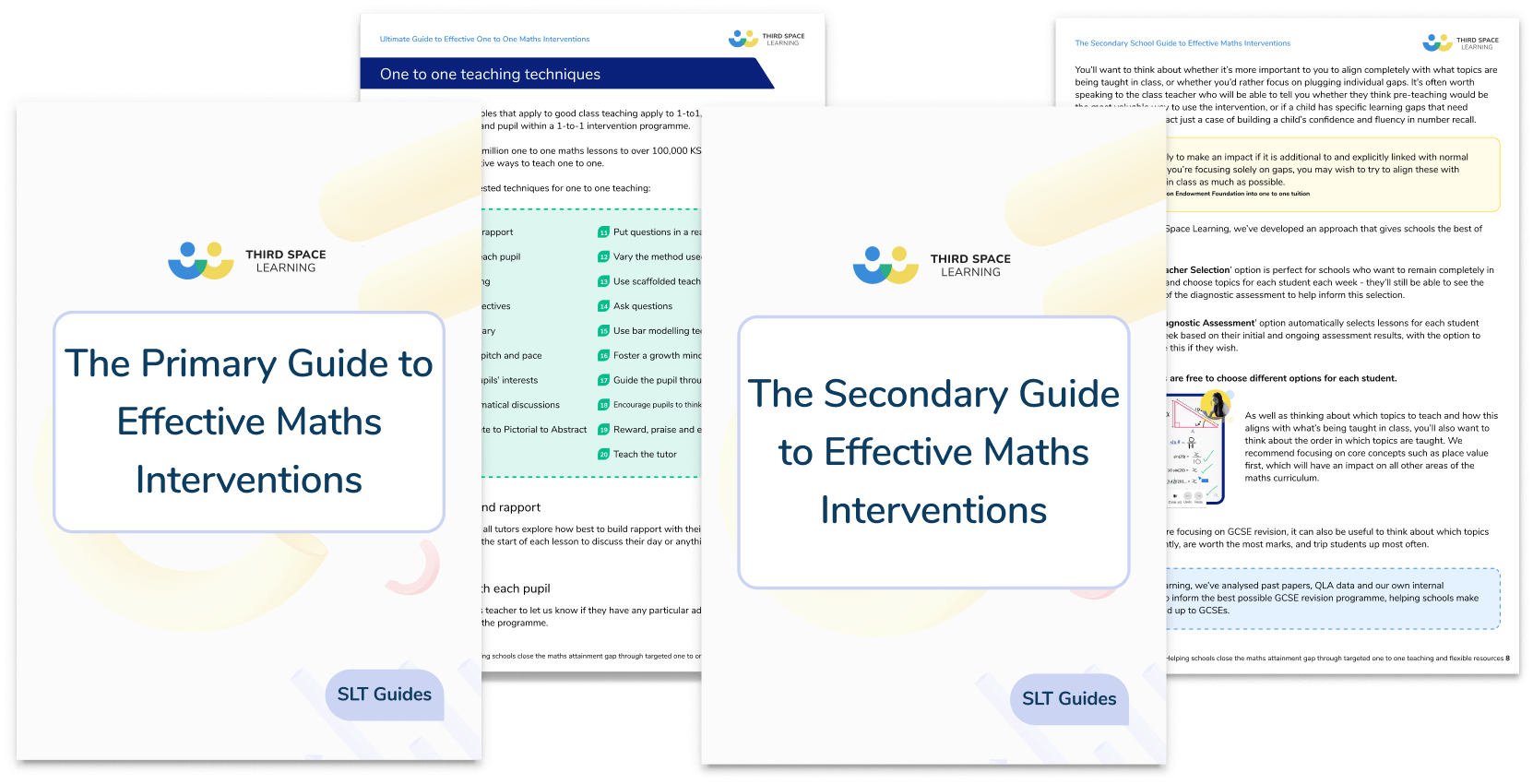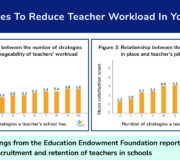SLT School Leadership Toolkit for Headteachers and Subject Leaders
The role of the Senior Leadership Team, the SLT at school is by its very nature to take responsibility for all the major decisions that take place in a school.
As anyone who’s been in this position knows, there seems no limit to the responsibilities piled on schools. Educating children is just one small part of it. And then if something unexpected happens, like a pandemic for example, then managing this too just gets added on along with everything else.
Not only are you as a team with the governors providing the vision for the school, and ensuring the best educational outcomes for your pupils, but you are the leadership team in many situations for the entire school community. Families and parents look to you for support, for guidance, and in times of trouble.
Until recently, who would have thought that setting up a remote home learning scheme of work for all pupils with 48 hours notice would be part of the job, or indeed, securing lives at risk by looking after key workers in your primary school during a global coronavirus pandemic.
In this article we share some of the key issues that as primary school educators, we’ve asked headteachers, deputy headteachers, and other SLT members to write about to support anyone looking to step up to join the senior leadership team at school, or anyone already there, looking for solace, support and inspiration.
The Ultimate Guide to Effective Maths Interventions
Find out how to plan, manage, and teach 1-to-1 math interventions to raise attainment in your students. Includes a 20 point checklist for improvement.
Download Free Now!Marking and feedback
A key tenet of school leadership and pedagogy for as long as I can remember has been that marking is fundamental to a school’s feedback policy and an essential part of the personalised feedback a learner needs to make progress. Here’s how headteacher Clare Sealy turned this on its head with her new more effective marking and feedback approach in school – banning it – and the no marking policy that emerged.
Lesson observations
Clare Sealy does it again – here she explains why and how she ditched formal lesson observations in her primary school, the impact it had on teaching, learning, and even the plan for Ofsted.
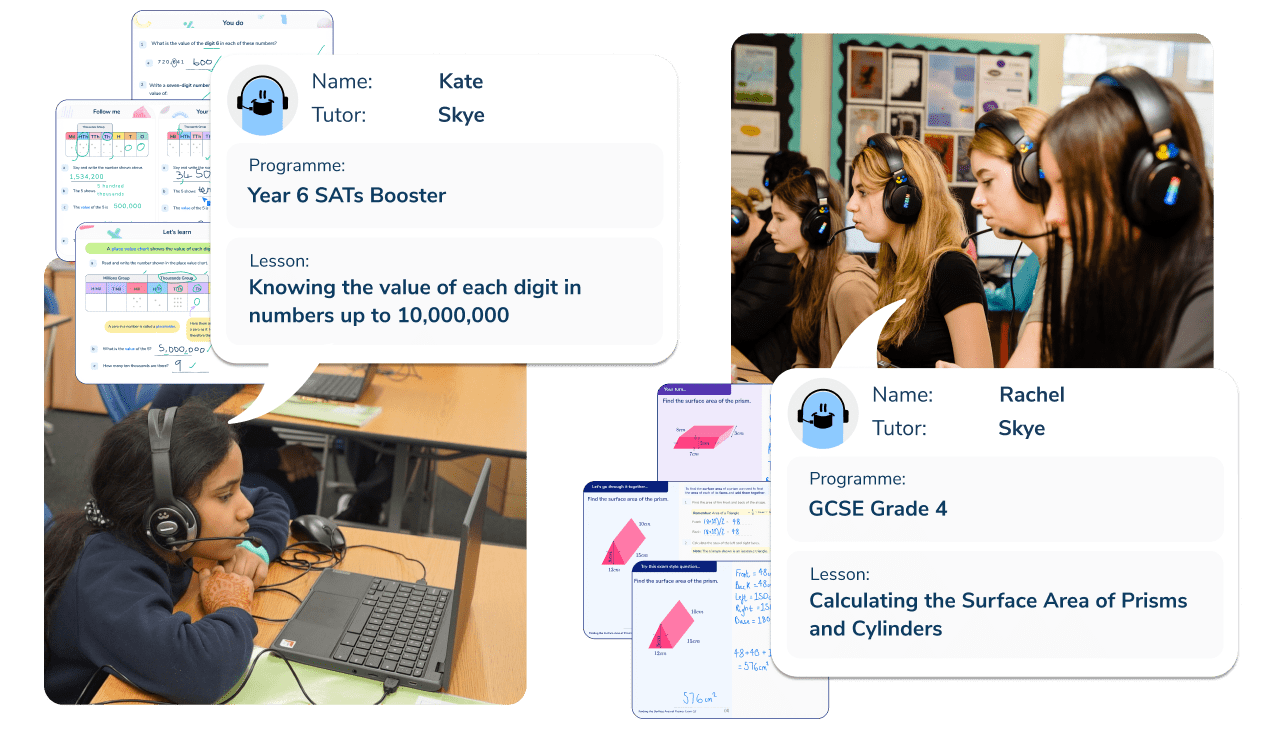
Meet Skye, the voice-based AI tutor making maths success possible for every student.
Built by teachers and maths experts, Skye uses the same pedagogy, curriculum and lesson structure as our traditional tutoring.
But, with more flexibility and a lower cost, schools can scale online maths tutoring to support every student who needs it.
Watch Skye in actionBudgets
Inevitably budgets feature highly on the SLT list of school responsibilities; it’s no longer just the school business manager who has this on her agenda. It’s everyone’s responsibility and in these times of cuts and difficult decisions, it’s worth reading this list of school fundraising ideas – some for you and some perhaps you may want to hand on to the parent teachers association.
Parental engagement
It’s not always easy but it’s essential. Starting in EYFS with home visits if possible and moving through the key stages as the children develop, and your relationship with the parents grows with them. Once parents understand and believe in your vision and the high standards in every area of school life that the SLT is setting for the school, then carrying them with you on the journey becomes much more straightforward. We’ve brought together many good ideas about parental engagement in primary school here.
Teaching and learning
Third Space Learning was set up to help close the attainment gap in maths particularly so we’ve got hundreds of articles that explore the primary national curriculum for maths. Learn about mastery maths, how to teach all aspects of KS2 maths as well as what makes a good teacher or maths coordinator or subject leader . For more direct support in your school speak to us about our one-to-one maths interventions for key stage 2.
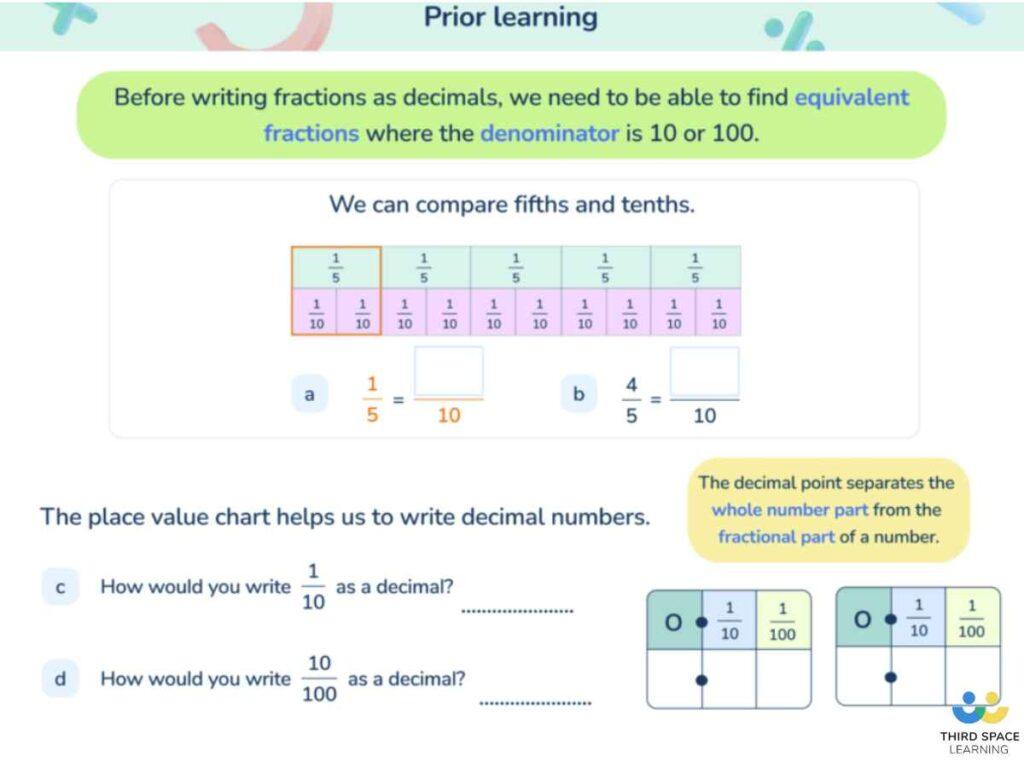
Professional development
It’s important to remember that professional development is not just for your teaching staff but for support staff and administrative staff too. Third Space has plenty of free CPD for teachers as well as a mathshub library of CPD videos around all aspects of teaching maths at primary school for both TAs and teachers. NQT advice and guidance on using teaching assistants effectively is also available.
You can also share with your staff the wealth of resources available online, such as educational primary school blogs and the best education podcasts.
Pupil Premium
How as SLT you allocate and deliver on your school development plan goals with your pupil premium budget is something Ofsted and the DFE pay special interest. Whether it’s your SENCO, Assistant Headteacher or another member of the school leadership team, somebody in school needs to be responsible and accountable for your pupil premium strategy. However, it’s equally important that every teacher in every year group understands their own level of responsibility in pupil progress. Here we share some ideas for low cost pupil premium intervention ideas.
Resources and interventions
What to buy in and what to resource internally? It’s a balancing act as ever and very much depends on the capabilities of your existing workforce. To help you make these decisions, there are a number of articles to read regarding where money would be well spent such as on these maths manipulatives or where the decision is a bigger one given the costs involved in maths schemes of work (unless you go for the ever popular White Rose Maths of course). Then there are the additional things which can make a big impact but may take some adjustments to begin with such as the primary school interventions or the education technology you choose to invest in.
Secrets of successful school leadership
There are many approaches to school leadership and one of the most thoughtful primary school headteachers, Brian Walton, @oldprimaryhead1 has written a series of reflective articles for us drawing on over 20 years of experience in various leadership roles:
DO YOU HAVE STUDENTS WHO NEED MORE SUPPORT IN MATHS?
Skye – our AI maths tutor built by teachers – gives students personalised one-to-one lessons that address learning gaps and build confidence.
Since 2013 we’ve taught over 2 million hours of maths lessons to more than 170,000 students to help them become fluent, able mathematicians.
Explore our AI maths tutoring or find out about one to one tuition for your school.
